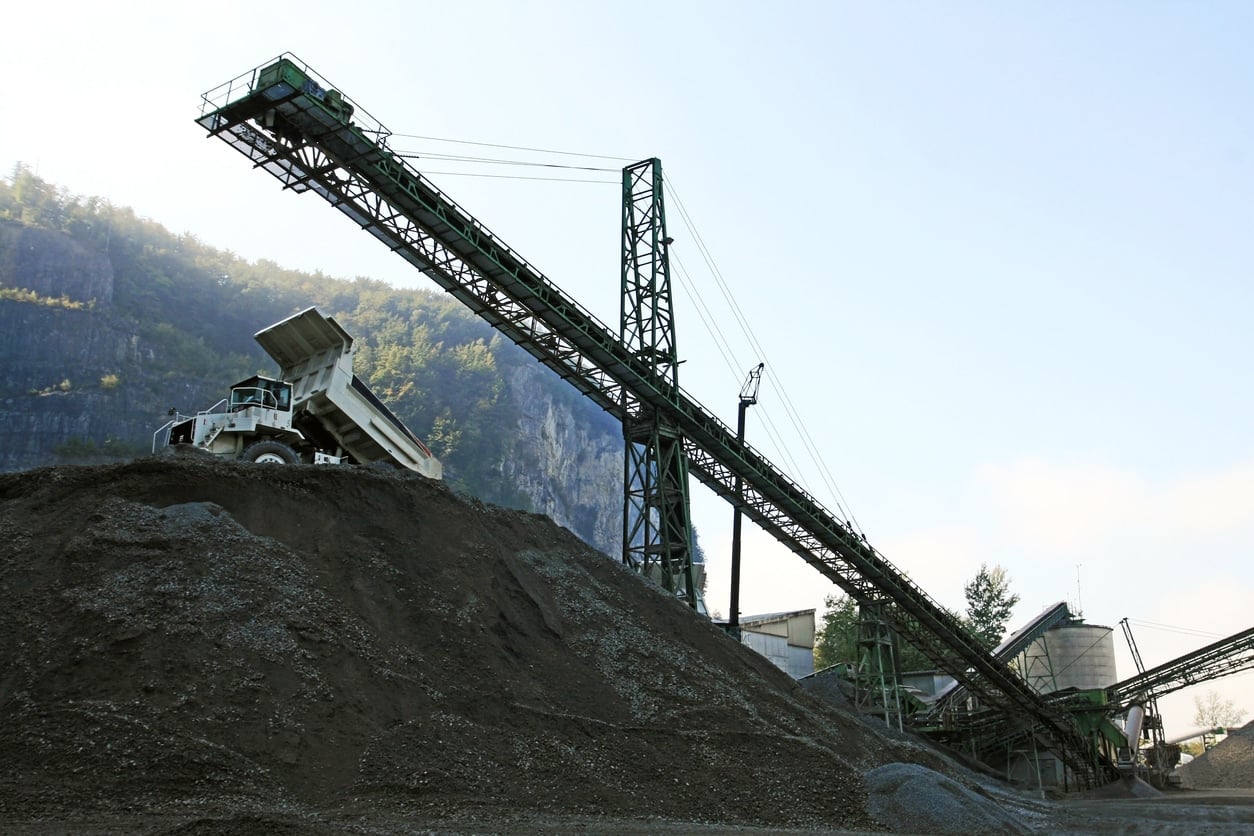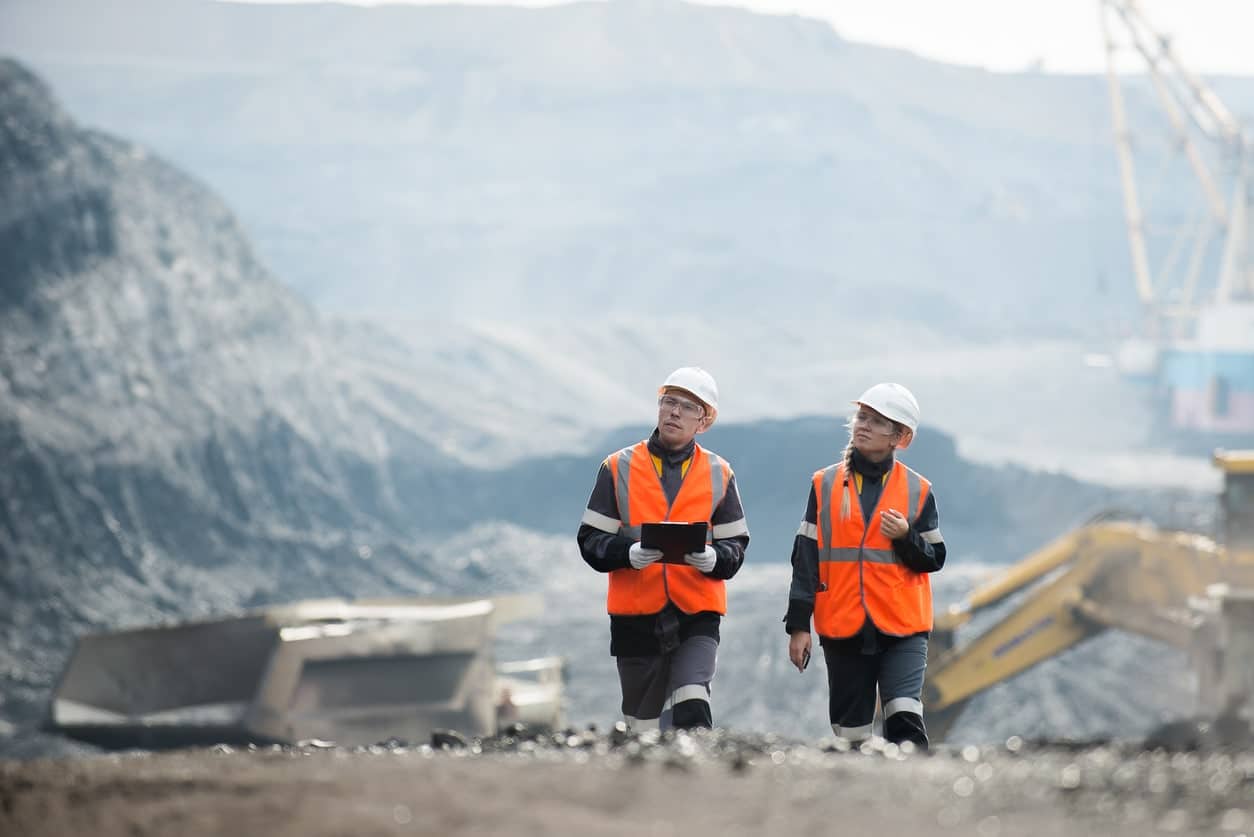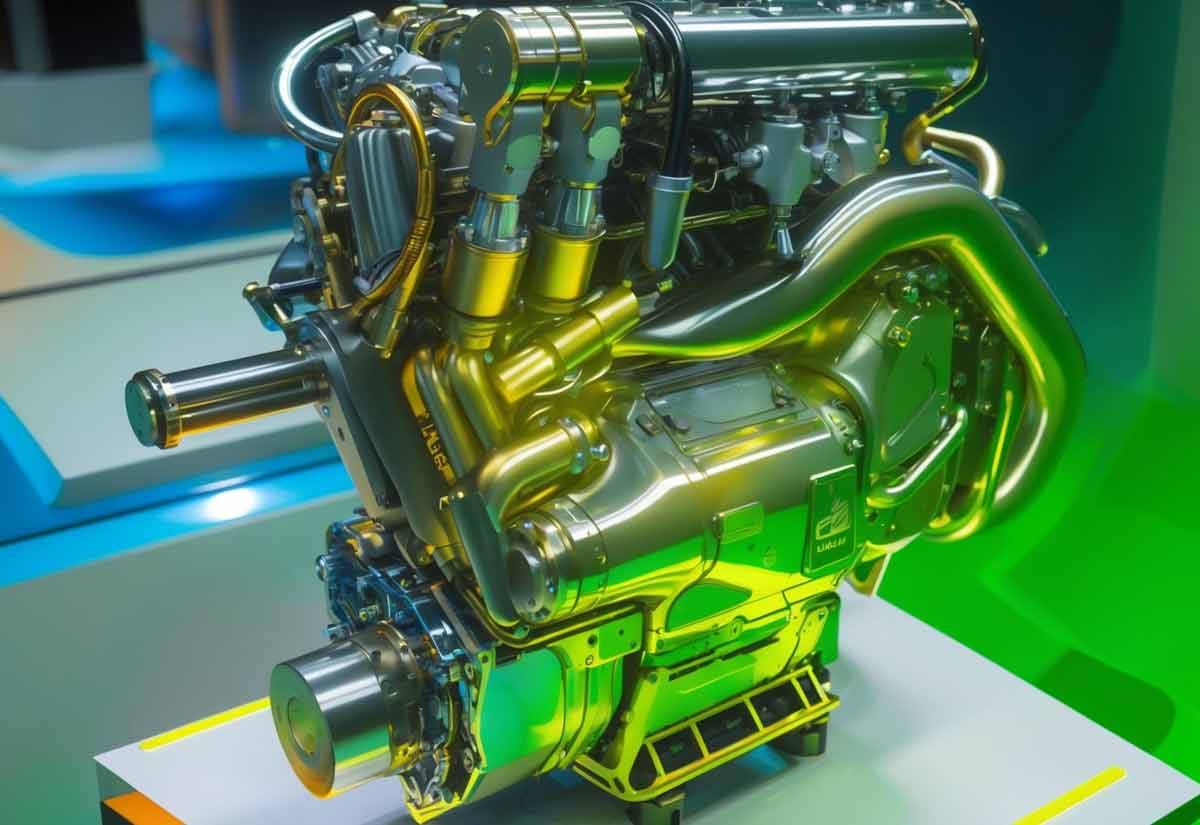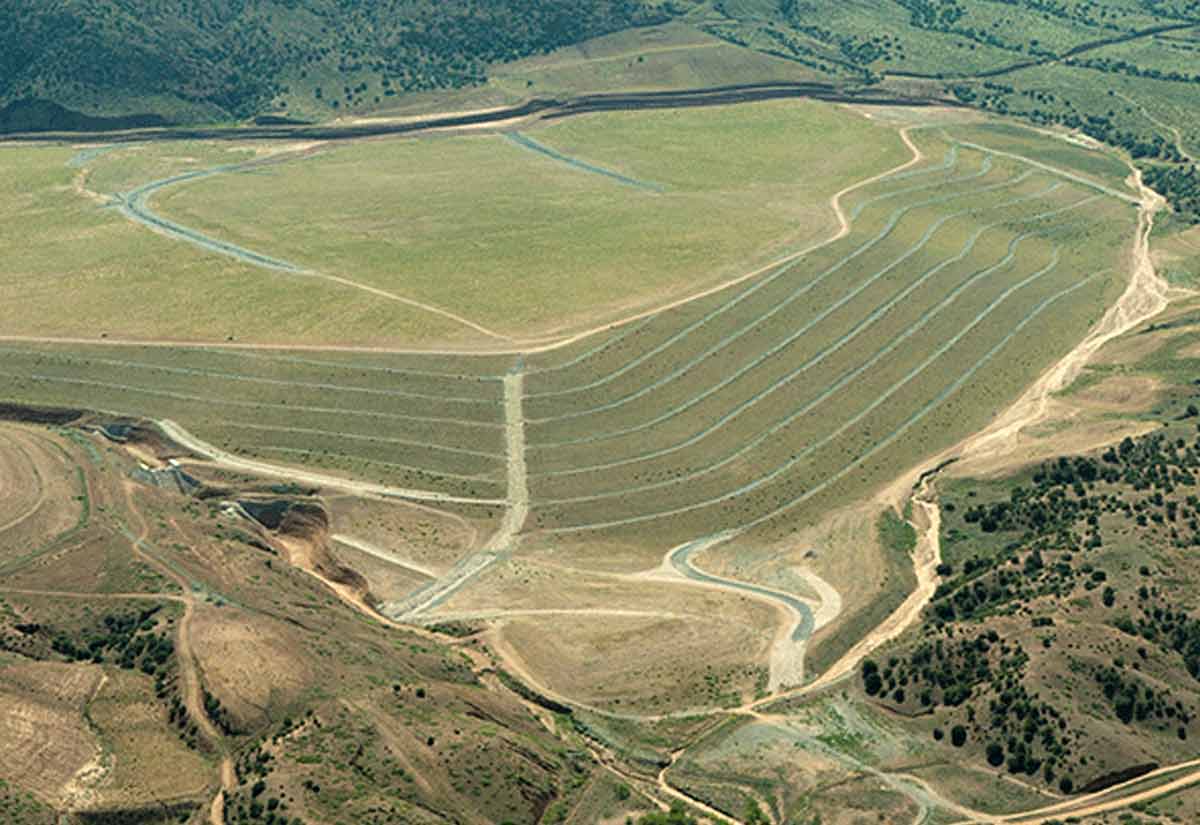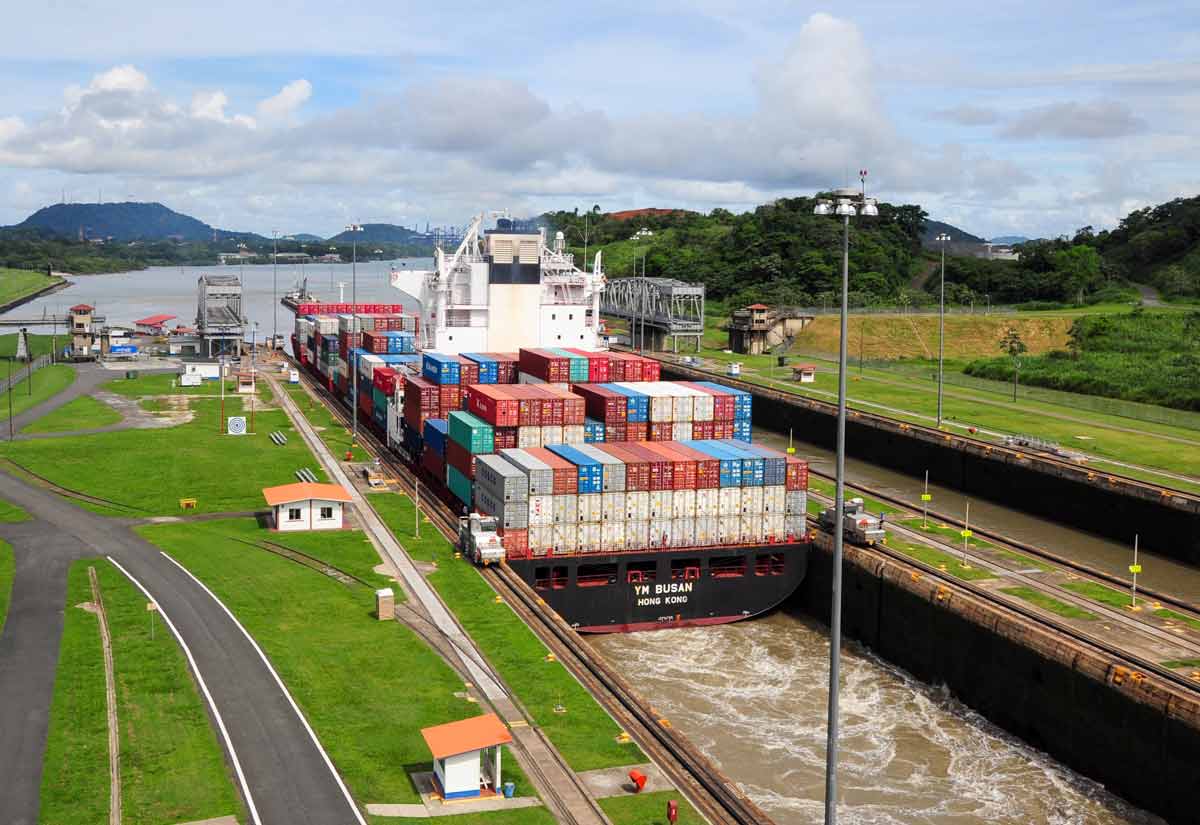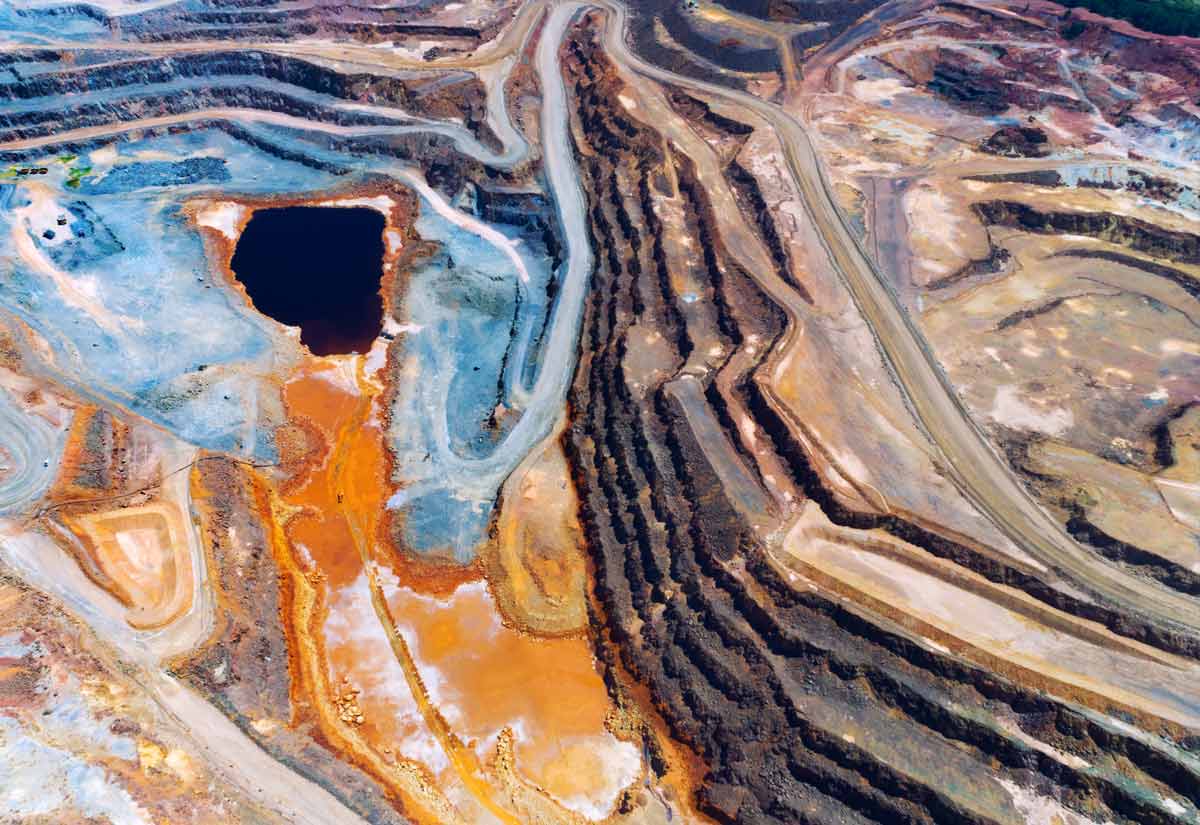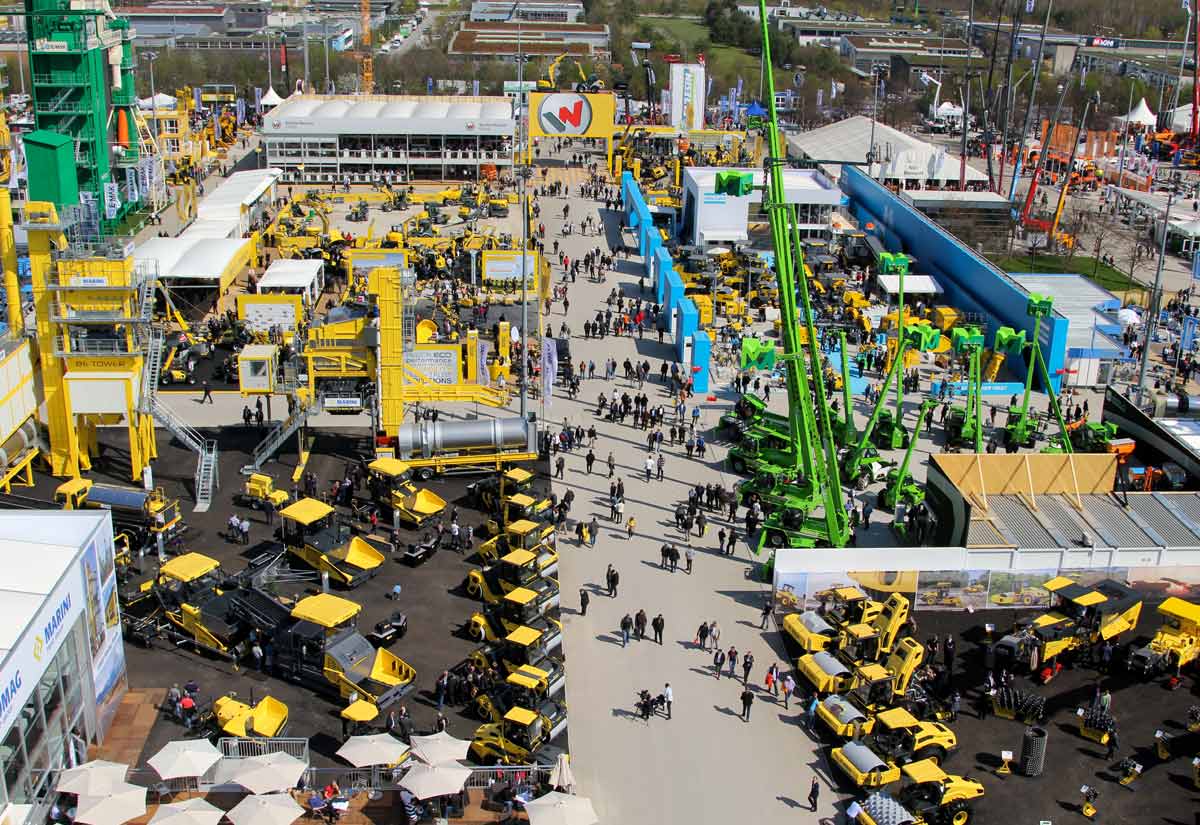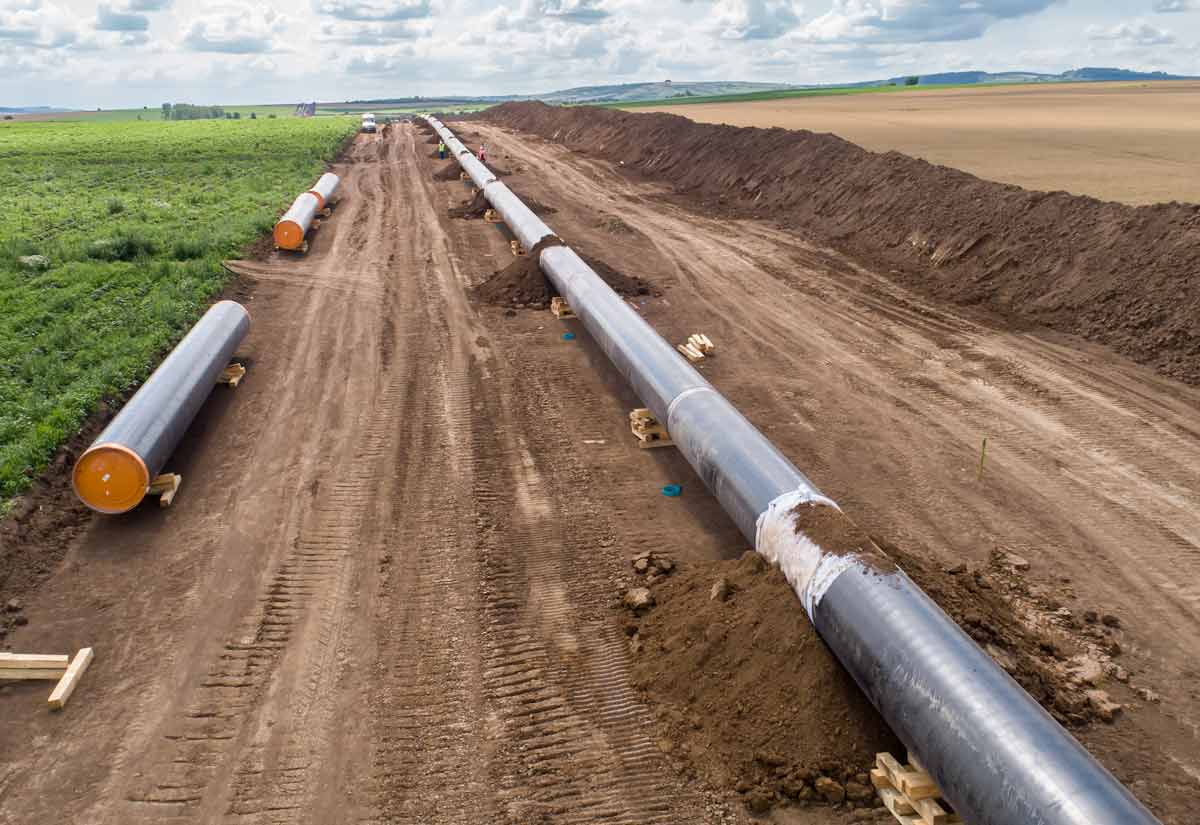Back in August of last year, we discussed the Pentagon’s interest in rare earth elements production within the United States. Partially fueled by trade tensions, the Department of the Air Force leveraged the Defense Production Act to assess and evaluate the capacity and processing capabilities of rare earth minerals.
The recent COVID-19 pandemic has fueled the fire for these trade tensions, and the current global trade atmosphere is shaky and unpredictable. Today, the United States is almost 100% reliant on domestic rare earth elements (REE), with 90% of our total rare earth supply coming from China. In the wake of both global trade tensions and COVID-19, the pressure is back on U.S. mining operations and the government to help reduce foreign dependence on REE.
As the United States continues to strive for rare earth self-dependence, two American mountains may hold the key to increased capacity and rare earth processing at scale in the United States.
Delaware LLC and Round Top in Hudspeth County, Texas
Located 80-plus miles outside of El Paso, Texas, the Round Top Mountain is a rare earth element goldmine. It contains 16 of the 17 rare earth metals.
Not only is it the single largest source of heavy rare earth minerals in the United States, but it also contains 11 “critical” non-rare-earth metals that the U.S. Department of the Interior deems critical “to the economic and national security of the United States.”
Owned by the Texas General Land Office, Round Top has been leased to the Texas Mineral Resources Corporation (formerly Texas Rare Earth Resources) for development. USA Rare Earth, which is a privately held entity of Delaware LLC, now has a major stake in Round Top via the “Round Top Project.” This joint venture between USA Rare Earth and Texas Mineral Resources Corporation (who has a 20% junior partnership in the project) seeks to develop, extract, and process the rare earth minerals within Round Top.
In a sitdown with Forbes, Pini Althaus, CEO of USA Rare Earth, said: “We want to reinvigorate the processing industry that’s been offshored.” He noted concerns that the U.S. is currently relying on China for “national security” products like “fighters and Tomahawk cruise missiles” as well as “high-tech.”
Pini notes that Round Top could supply the U.S. with rare earths elements for around a century. Recently, USA Rare Earth purchased “neodymium iron boron (NdFeB) permanent magnet manufacturing equipment” from Hitachi Metals America, Ltd. According to the press release, Rare Earth USA should be able to use the equipment to “re-establish rare earth magnet production in the U.S.,” indicating that the equipment could be used with Round Top to product 2,000 tonnes of rare earth magnets per year.
Currently, USA Rare Earth has all of its permits in place and expects to be operational in six weeks. So far, the Round Top Project’s leach optimization tests and continuous ion exchange process results are consistent with the Preliminary Economic Assessment produced back in August.
M.P. Materials and Mountain Pass in San Bernardino County, California
For years, Mountain Pass has been the golden child of U.S. rare earth independence. Originally mined by The Molybdenum Corporation of America, Mountain Pass supplied crucial europium production during the colored T.V. boom of the 60s and 70s. In 2002, the mine shut its doors, citing both Chinese competition and (perhaps more importantly) EPA regulations. During this period, EPA regulations put a strain on mining operators across the country — a restraint their Chinese counterparts didn’t share.
Mountain Pass began producing again in 2012 after Chevron sold the rights to Molycorp Minerals LLC — who raised $400 million in an IPA aimed at opening the mine for production again. Not only did Molycorp claim that it could undercut Chinese rare earth prices with “new technology,” but they had the support of Wall Street and the Pentagon to pursue rare earth independence.
Again, this was during a period where the Pentagon was still “on the fence” about how to source REEs. Stringent environmental regulations made shifting rare earth mining to the “invisible” overseas producers compelling, but Molycorp’s bullish claims about pricing and volume won over investors.
Unfortunately, these “new technologies” didn’t pan out. By 2015, Molycorp filed for bankruptcy and closed the mine. In 2017, M.P. Materials (a joint venture between JHL Capital Group LLC and QVT Financial L.P. — as well as a junior partnership with Shenghe Resources Holding Co) purchased the mining rights and promised to once again produce rare earths out of Mountain Pass as trade tensions with China re-emerged.
Currently, MP Materials is looking to ramp up production next year. As it stands, rare earth production from Mountain Pass still happens in China. But that may change soon. M.P. Materials is already producing almost 70% more rare earths than Molycorp did during their time, and they are reportedly hiring an additional 200 miners in an effort to shift production internally.
According to a recent Reuters story, M.P. Materials is spending $200 million to refurbish old Molycorp equipment and build a large roasting oven. The goal is to internally produce and refine more than 5,000 tonnes per year of neodymium and praseodymium for rare earth magnets by next year.
The Race to Rare Earth Independence is On
Round Top and Mountain Pass are both racing to create American self-sufficiency in the rare earths space. With the Pentagon’s backing, these two mining operations could significantly reduce our dependence on foreign rare earth materials trade. And, given the overall landscape of trade, this independence could help solidify and stabilize the security and technology sector in the U.S.
During the tit-for-tat trade war with China, import tariffs for REEs were doubled to 25% (with promises of 10% increases month-over-month.) This obviously awoke U.S. intelligence and defense agencies to potential issues with foreign reliance on critical minerals. In the next year, we expect to see more news in this space — and possibly a few completely operational mines.
If you’re one of the mining operations looking to capitalize on the rare earths boom coming out of both the trade war and COVID-19 tensions, you can’t do it alone. You need highly-trained, highly-specialized miners that understand the rare earth materials space.
At Resource Erectors, we connect the top professionals with leading North American mining companies who need highly-specialized skills — including mining, engineering, manufacturing, and construction.
Are you looking for some help with your next mining operation? Contact us.

